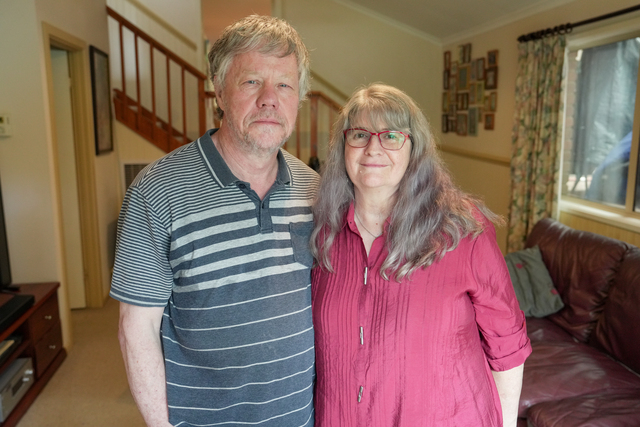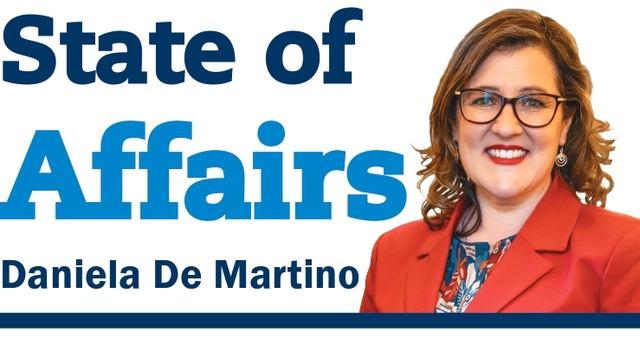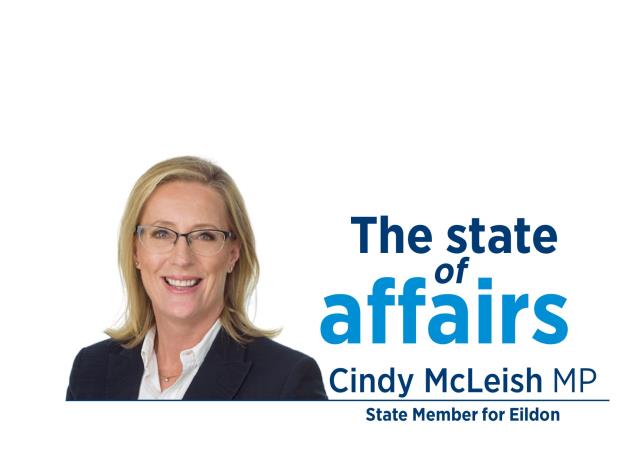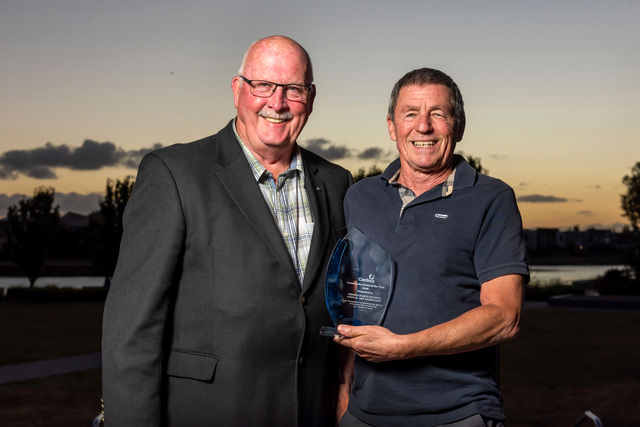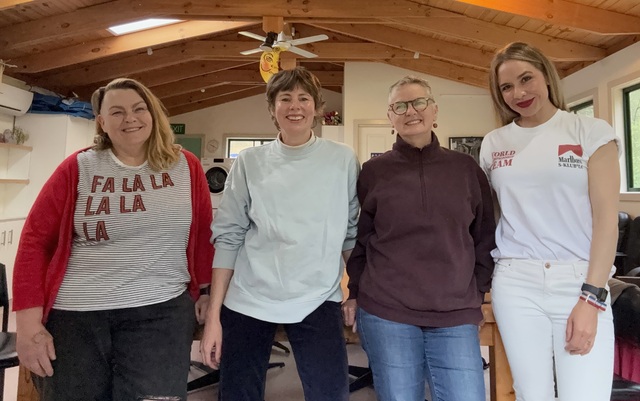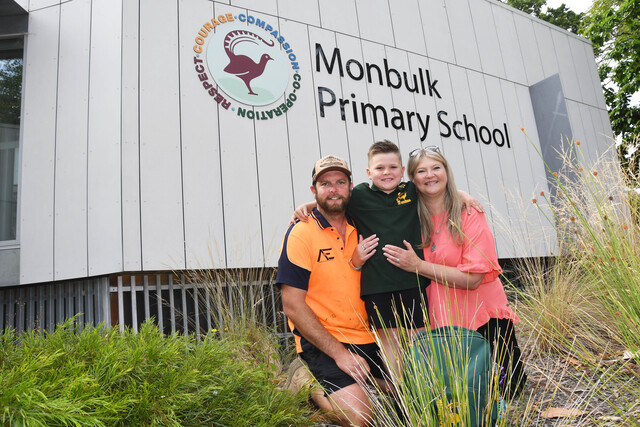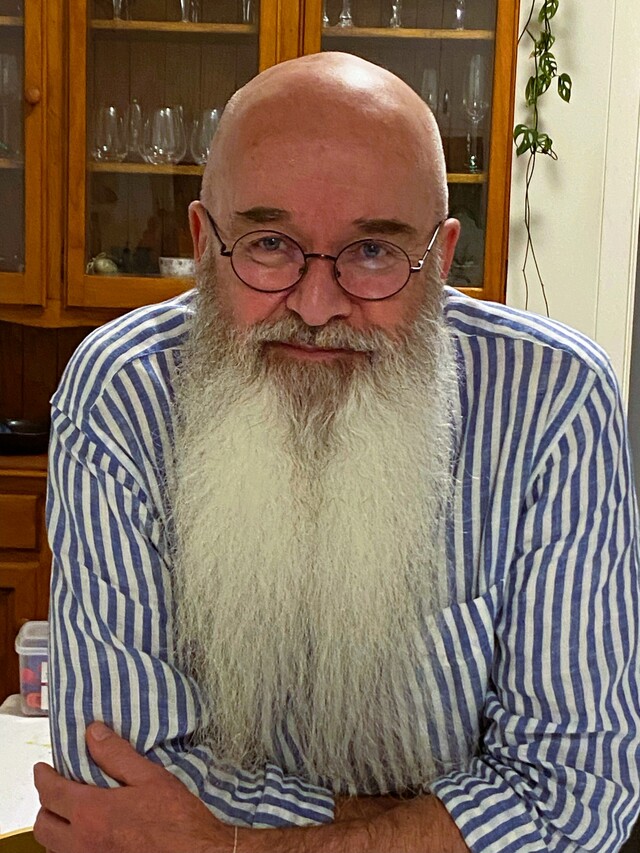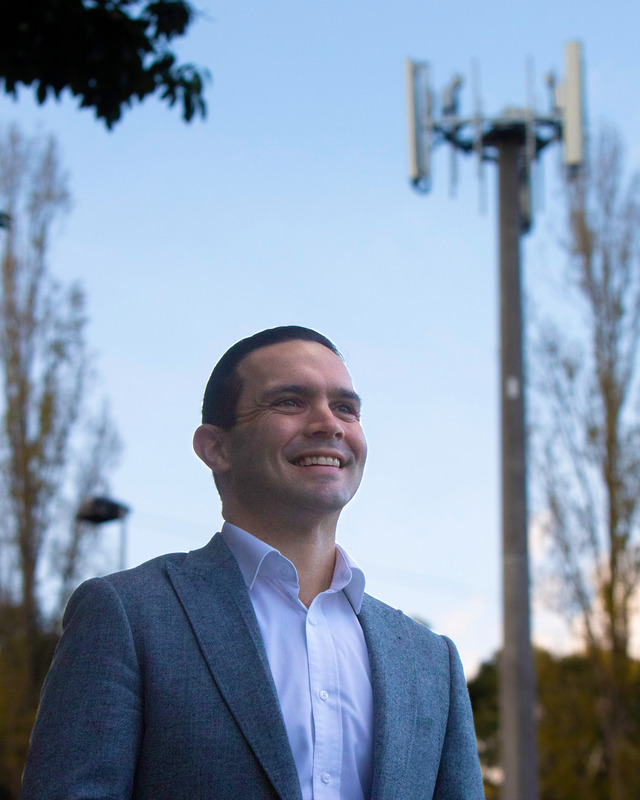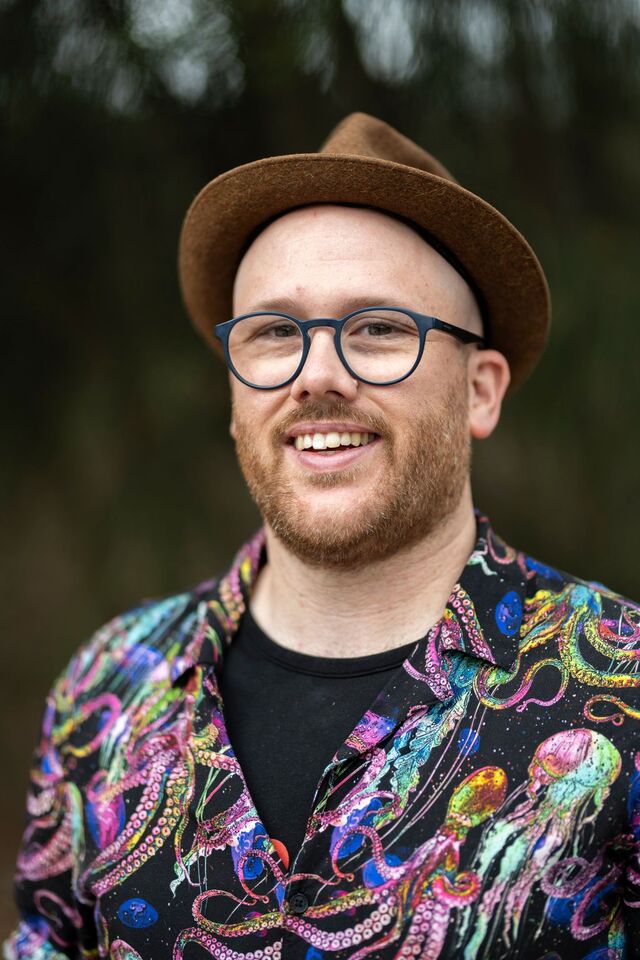Three decades and countless hours of support, guidance and family has been at the centre of a Mount Evelyn couple’s desire to give as many children as possible an experience of a loving, happy home.
Janine and Ian have been foster carers with Anglicare Victoria for 32 years, providing a much needed home to young people at perhaps the most vulnerable time in their lives.
As a teacher, Janine said she always loved being around children and even after they had three of their own, both her and Ian felt they could still share more love.
“When our youngest started kinder, I realised that our three children were growing up so fast,” she said.
“So we looked into foster care then, and I was just really keen to share what our family had. We had three amazing kids, they were doing well, who were lucky enough to be in a happy family.
“And I just thought, ‘well, there are kids out there who need a happy family, and if we can provide that for a while, then why not do it?’”
Expecting to only be foster carers for five or 10 years while their children were young and at school, Janine said that “just started us on the road, and we’ve never really stopped”.
While of course the satisfaction of being able to give children a sense of respite was one of the main reasons Ian and Janine kept going, Ian said it was also incredibly rewarding to see the parents start fresh and build a new life.
“We’ve had some very positive experiences where our kids were in situations where they thought they were never going to return to their parents, and us being able to tide them over till their parents could get back on their feet,” he said.
“In some cases, the parents amazed us the extent to which they were able to resist the momentum of the system that would have ended up with their kids in care permanently.
“To be able to provide that bridge for them, to be able to get back on their feet, get their lives together, we’ve just been so proud to see some of these parents fight their way back and now have solid lives again.”
The aim of Anglicare Victoria’s foster care program is reunification with a child’s biological parents but when that’s not possible options of permanent care are considered.
Over the years, Janine and Ian have offered this to a small number of children who started in their care, some who they have officially adopted and others who as adults have sought them out and now just as much part of their family.
“There are some circumstances which meant that these children couldn’t go home. We weren’t quite expecting that, so we’ve had to make a decision sometimes to keep these children permanently,” Janine said.
“So some of the children ended up growing up in our family, and so now we have a much bigger family than when we started, and that was satisfying too.
“One young person has just come back to us as a young adult. We’ve stayed in contact with her ever since she left our care as a two year old. She thinks of me as mum, and she’s part of our family and that’s what’s important for her.
“If she didn’t have us, she wouldn’t have that family context, and she would be out there on her own.”
When they couldn’t offer full time care, Janine said as a family they worked with the child and Anglicare Victoria to find the right fit for permanent placement.
“We’re not superheroes. We’ve had a few kids where we simply couldn’t cope, who couldn’t work in our family, some of the alternatives for those kids are ending up in a residential unit, which can be pretty rough,” Ian added.
“But at least one or two of the kids have ended up moving from our family into families where they could grow up and all credit to those people that they were able to take on an extremely demanding child and see it through.”
Anglicare Victoria eastern out-of-home-care program manager Tarni Haywood said across the eastern suburbs a reduction in foster carers because of external impacts has been noticed.
“We have seen a downturn in people applying to be carers pretty much since Covid and the cost of living, these are all things that have really impacted people’s availability and their capacity to assist,” she said.
“A lot of people are working from home, or they’ve had adult children return, so they don’t necessarily have that space.”
Tarni said while there has always been a need for more foster carers, that need is particularly strong at the moment, from respite to long term care.
“We have a big need for emergency care. So that could be up to three weeks but it could be for a single night,” she said.
“We work with carers to match what their availability is, to match what they can offer. We have children who are in placement and their carers need a break so respite care can be to support the broader community, but it also can be used to support internal placements.”
Other options include babysitting, transport support or daytime support with volunteers currently filling some of these care needs.
Some of the harder demographics to place in care, Tarni said, are sibling groups and children with disability of all degrees.
“Especially groups of three adolescents, is it always an area that we’re really keen to broaden our carer pool for,” she said.
“There’s a high representation of disability in children and young people that come into care, and that’s quite a broad range of disability. So children with even just learning needs and things like that, that can be quite a big representation as well that we’re seeing.”
Ensuring that foster care worked for their family, Janine and Ian said the support of Anglicare Victoria to offer different forms of care over the years helped an incredible amount.
Tarni said when families can make foster care suitable for them, not only does it provide a better outcome to young people but it means the success rate of carers staying in the system is higher.
“Some people make a career of it, and that’s fantastic, but equally fantastic is if someone provides care for five years,” she said.
“In the case of Janine and Ian, they’ve worked it around their family. The children they’ve taken into their care have really been considered as good matches with where their family is at over the years.
“That has been the key to success for people that make fostering a very long term commitment is that they work with where they’re at and where their family’s at as well.”
Janine said not only has the experience of foster care provided many young people with a home but it has taught her own children “to be humble and empathetic and understanding of how people end up in circumstances beyond their control”.
As words of encouragement to anyone out there thinking about becoming a foster carer, Janine said her search for happiness came in the form of purpose, in giving hope and home to others.
“I would say that if you enjoy having children in your life, in any capacity, and you feel that you have something to offer, even one child, give it a go,” Janine said.
“I just feel that I’m a different person for having these kids in my life. I just think life would have been really boring if I hadn’t become a foster carer and had these extra children in my life.
“During this time, I think I’ve learned a lot about myself, about the sort of person I am and can be, and if nothing else, I’ve just made such a difference to these kids. There’s no doubt about that.”

